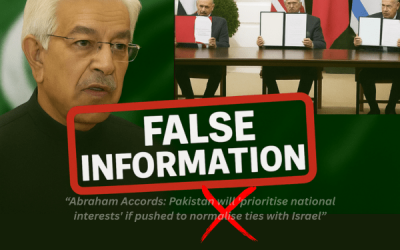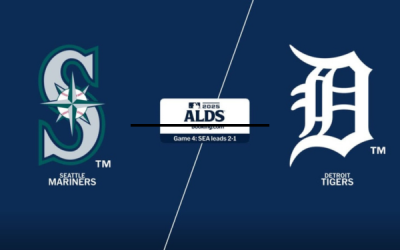In a sudden policy shift, the U.S. Department of Education has suspended student loan forgiveness under the Income-Based Repayment (IBR) plan, sparking confusion and concern among borrowers nationwide. The move, announced earlier this week, halts a critical path to debt relief that thousands of Americans were relying on.
But what does this suspension really mean? Who’s affected? And what options remain on the table? Let’s break it down.
What Is Student Loan Forgiveness Under IBR?
The Income-Based Repayment (IBR) plan has been a cornerstone of federal student loan relief for over a decade. It allows borrowers to make monthly payments based on their income and family size, with the promise of forgiveness after 20 to 25 years of consistent payments.
For many, IBR was a lifeline—especially for those in lower-paying public service careers or navigating economic hardship.
But as of July 2025, the Department of Education has paused processing forgiveness applications under IBR, citing concerns over accuracy, pending legal review, and administrative overhaul.
Read also: Dog the Bounty Hunter’s Step-Grandson Killed in Accidental Shooting
Why Was IBR Forgiveness Suspended?
According to officials, the pause was necessary to ensure that the forgiveness process is being applied consistently and fairly. In some cases, the payment counts toward forgiveness were miscalculated, leading to either premature or delayed cancellations.
This isn’t the first shake-up in federal loan policy this year. The Biden administration has been actively rolling out targeted forgiveness plans, including for borrowers with disabilities, public service workers, and those who faced mismanagement under loan servicers like Navient and MOHELA.
However, the sudden halt under IBR adds new uncertainty to a system already under scrutiny.
Who’s Affected by the Pause?
Borrowers who were approaching the end of their IBR term and expected forgiveness soon are now in limbo. If you’re part of this group, your application may be delayed or subject to review.
This suspension does not affect your ongoing payments under IBR. You are still required to make regular income-based payments unless you’re on a deferment or forbearance plan.
Moreover, new borrowers looking to enroll in IBR can still do so—the pause only impacts forgiveness processing, not participation in the repayment plan.
What Alternatives Are Available?
For now, affected borrowers are being advised to:
- Keep making payments under IBR as scheduled.
- Track payment history closely, ensuring all qualifying payments are recorded accurately.
- Explore other forgiveness options, such as Public Service Loan Forgiveness (PSLF) or the SAVE Plan, which remains active and continues offering relief under separate criteria.
The SAVE Plan—introduced in 2023—has become an increasingly popular alternative, offering forgiveness after as few as 10 years for some low-income borrowers.
What Comes Next?
The Department of Education says this is only a pause, not a cancellation of the IBR forgiveness pathway. Officials have pledged to review the process, improve data accuracy, and resume approvals once systems are aligned.
Still, this unexpected change has left many Americans frustrated. The lack of clear communication has led to calls for transparency, especially from advocacy groups who warn that these suspensions can worsen financial instability.
As always, borrowers are encouraged to stay updated through official channels and avoid relying on unofficial social media posts or hearsay.
Final Thoughts
The suspension of Student Loan Forgiveness under IBR is a significant development in an already complex student loan landscape. While it doesn’t erase the possibility of future forgiveness, it certainly slows down relief for many.
If you or someone you know is affected, now’s the time to review your repayment strategy and stay informed. With policy changes unfolding rapidly, making proactive decisions is more important than ever.





